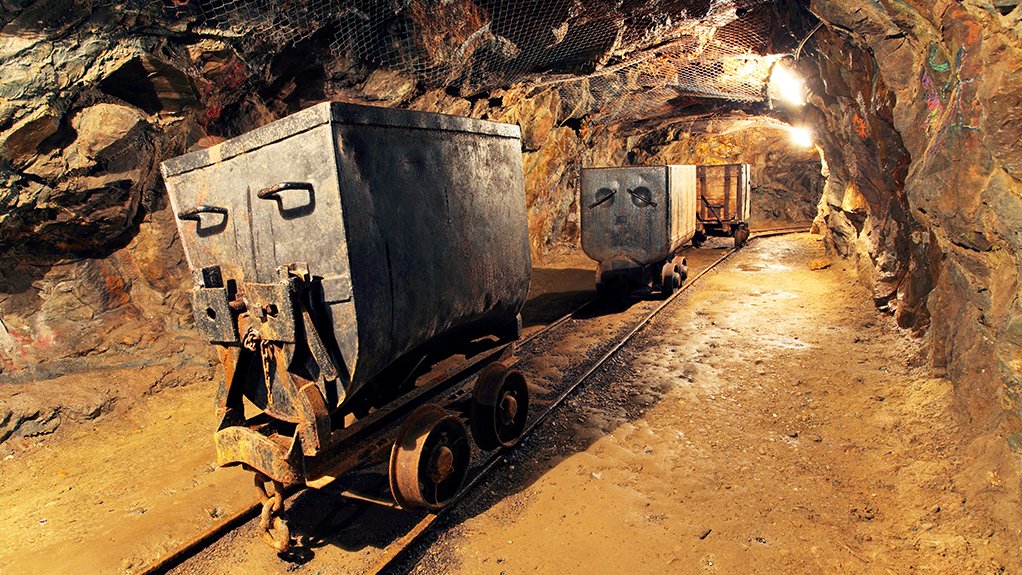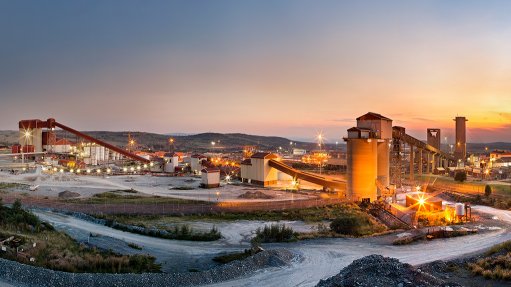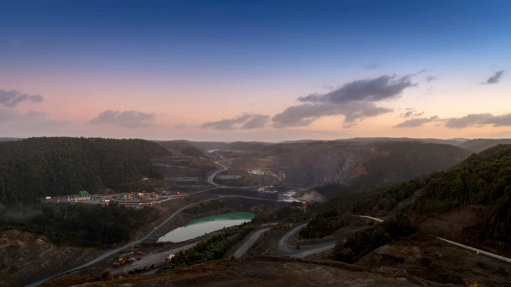Complex legislation may hinder investment


INVESTOR CONVIDENCE The primary concerns for investors in Zambia are the complexities surrounding mining law, constrained infrastructure, as well as unreliable electricity supply
Despite the Zambian government’s programme to diversify the economy – into such sectors as tourism and agriculture – the mining and natural resources sector, particularly the copper mines, remain the most substantial potential contributor to growth and development in Zambia, says law firm Beech Veltman CEO Warren Beech.
However, he highlights that the primary concerns for investors in Zambia are the complexities surrounding mining law, constrained infrastructure, as well as unreliable electricity supply.
The primary law governing mining in Zambia is the Mines and Minerals Development Act (MMDA), which must be read with the MMDA Amendment of 2016. This legislation gives substantial powers to the Director of Mines, the Director of Mine Safety and the Director of Mining.
Beech notes that the Zambian mining regulatory environment is complex. “There is a host of other legislation that directly affects the mining industry which must be complied with.”
In addition to the usual mining laws pertaining to granting of rights to prospect and mine, reserved minerals, environmental protection, mining taxes and royalties, and health, safety and worker-compensation laws, Zambia also has certain customary laws, particularly in terms of rights held in relation to land, he notes.
Moreover, government has been rigorous in its pursuit of securing taxes from mining companies, encouraging them to pay taxes to stave off potential legal redress, he notes.
“Some mining companies have not agreed with the position adopted by the Zambian Revenue Authority, and have resorted to the courts.”
Further, several mining companies operating in Zambia have expressed the view that the mining tax regime has significantly increased the tax burden, which, in turn, has impacted on the viability and sustainability of their operations, notes Beech.
“This has caused some mines to be placed under care and maintenance, owing to the compounded effects of the increased tax burden, cyclical demand, copper prices, and of course, the impact of Covid-19.”
He points out that the effective tax rate on mines appears to be one of the highest in the world and, as a result, Zambia’s tax regime will be one of the most significant stumbling blocks going forward.
“If copper prices increase, this could result in taxes being levied at rates greater than the mines’ profits. This impacts on viability in the short to medium term, and on the long-term sustainability of the mines that can continue to operate, despite the tax regime.”
Moreover, the current tax regime is also likely to impact decision-making regarding exploration and expansion projects, he adds, warning that high effective tax rates are likely to dissuade investors.
“Most of the active mining companies in Zambia are attempting to address concerns regarding the tax regime through constructive engagement with government. Unless this engagement results in positive outcomes, the tax regime is likely to place even greater pressure on the mining sector, which is already staggering under the impact of Covid-19.”
Going Forward
Beech highlights that Namibia, similar to Botswana, enjoys a relatively stable investment environment.
As a result, these countries are likely to attract better investment than Zambia, unless Zambia urgently addresses industry concerns, primarily those concerning taxes and electricity supply.
He adds that Zambia also faces significant environmental challenges associated with mining, including pollution and degradation of the environment.
Beech, however, points out that Zambia has, over the years, significantly enhanced its environmental laws and enforcement mechanisms, to boost compliance.
He adds that Zambia’s small-scale and artisanal mining sector – although broadly regulated – contributes to the overexploitation of resources, as well as pollution and degradation.
“To address this, the regulatory regime will need to be amended to accommodate small-scale and artisanal mining, and make it even easier for these sectors to regularise and comply.”
Comments
Press Office
Announcements
What's On
Subscribe to improve your user experience...
Option 1 (equivalent of R125 a month):
Receive a weekly copy of Creamer Media's Engineering News & Mining Weekly magazine
(print copy for those in South Africa and e-magazine for those outside of South Africa)
Receive daily email newsletters
Access to full search results
Access archive of magazine back copies
Access to Projects in Progress
Access to ONE Research Report of your choice in PDF format
Option 2 (equivalent of R375 a month):
All benefits from Option 1
PLUS
Access to Creamer Media's Research Channel Africa for ALL Research Reports, in PDF format, on various industrial and mining sectors
including Electricity; Water; Energy Transition; Hydrogen; Roads, Rail and Ports; Coal; Gold; Platinum; Battery Metals; etc.
Already a subscriber?
Forgotten your password?
Receive weekly copy of Creamer Media's Engineering News & Mining Weekly magazine (print copy for those in South Africa and e-magazine for those outside of South Africa)
➕
Recieve daily email newsletters
➕
Access to full search results
➕
Access archive of magazine back copies
➕
Access to Projects in Progress
➕
Access to ONE Research Report of your choice in PDF format
RESEARCH CHANNEL AFRICA
R4500 (equivalent of R375 a month)
SUBSCRIBEAll benefits from Option 1
➕
Access to Creamer Media's Research Channel Africa for ALL Research Reports on various industrial and mining sectors, in PDF format, including on:
Electricity
➕
Water
➕
Energy Transition
➕
Hydrogen
➕
Roads, Rail and Ports
➕
Coal
➕
Gold
➕
Platinum
➕
Battery Metals
➕
etc.
Receive all benefits from Option 1 or Option 2 delivered to numerous people at your company
➕
Multiple User names and Passwords for simultaneous log-ins
➕
Intranet integration access to all in your organisation


















